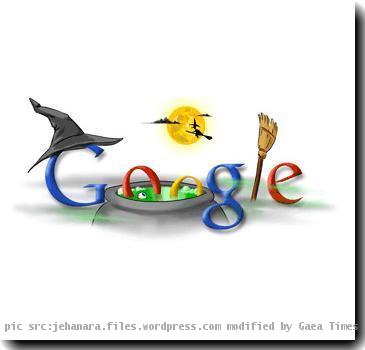Search engine Ask gets back to Q-and-A roots, but this time users ask each other, not Jeeves
By Rachel Metz, APTuesday, July 27, 2010
Ask.com wants users to ask each other, not Jeeves
SAN FRANCISCO — You won’t be able to ask Jeeves, the butler that made the search engine now known as Ask.com famous in the late ’90s. But in a bid to engage more users, Ask is returning to its question-and-answer roots by tapping its users and the Web.
Ask is now building a community of users that ask and answer questions, while continuing to use its technology to find and rank answers on the Web. Answers from both sources will pop up on Ask’s results page.
There’s nothing new about farming out questions to individuals online. Yahoo Answers has done this for years, and Ask already has an “Ask Answers” feature that gives users answers from “experts” and around the Web.
But newer services such as Aardvark and Quora have helped reinvigorate the premise: Search giant Google Inc., which used to run a service where hired researchers answered questions from paying users, sees so much promise in community-based Q&A that it bought Aardvark in February.
Ask Networks President Scott Garell said his site is concentrating more on Q&A because it can be hard to find good answers to questions that are time-sensitive, objective and complex using a more conventional search engine like Google.
The site’s hope is to eventually give users the answers they’re looking for 90 percent of the time (it’s currently about 60 percent).
A big part of accomplishing this will depend on the quality of the answers its users can provide through its new Q&A community. Ask has been building up a stockpile of questions and answers from users in a private testing phase this year and allowed anyone to request an invitation to participate starting Tuesday.
Tony Gentile, Ask’s senior vice president for product management, said many questions being asked online revolve around how one should spend time or money or make a difficult decision.
Ask, which is owned by Internet company IAC/InterActiveCorp, routes questions to users who identify themselves as experts on specific subjects. To get the best answers, users vote on them; those getting enough positive votes would eventually trickle into search results.
And if you claim to be, say, an expert in space travel but consistently give answers that users find erroneous or unhelpful, Ask will stop routing that type of question to you.
“What we’re ultimately trying to do is help people make a confident decision,” Gentile said.
Tags: Computing And Information Technology, North America, San Francisco, Software, Travel, United States
|
July 28, 2010: 9:02 am
I am really grateful to have the information from this blog.I liked the blog as it has been written,the information i got from here. |


seo company in chandigarh